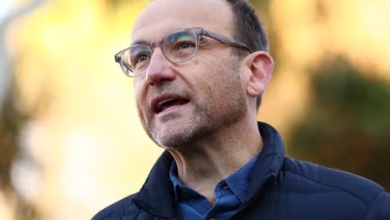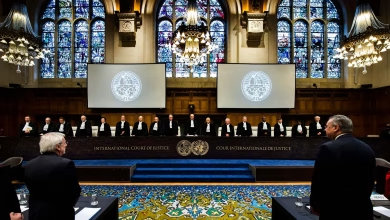Guinea Court Sentences Former Defence Minister to 5 Years in Prison for Corruption

- Ex-Guinea defence minister jailed for 5 years for corruption
- Mohamed Diané ordered to pay $58.5m fine and forfeit assets
- Junta's anti-corruption drive raises concerns over stifling dissent
A court in Guinea has sentenced Mohamed Diané, the country’s former defence minister, to five years in prison on charges of corruption, illicit enrichment, embezzlement, and money laundering. Diané, who served as defence minister from 2015 to 2021 under President Alpha Condé, was found guilty of using his position for personal gain before the military seized power in 2021.
In addition to the prison sentence, Diané was fined $58.5 million (£46 million), and his assets, including property in the capital Conakry and the eastern city of Kankan, will be confiscated. The judge stated that the confiscation was justified because the origin of these assets could not be properly explained.
Diané has been in detention since May 2022, following the military junta’s launch of a nationwide anti-corruption campaign. Upon seizing power, the junta made the fight against corruption a central priority and established an anti-corruption court to prosecute officials accused of financial crimes.
By the end of 2022, the junta had demanded legal action against over 180 individuals, including former ministers and government officials. Among those targeted was former President Alpha Condé, against whom the junta had already launched a case.
The military-led government, under Gen Mamady Doumbouya, initially enjoyed support from many Guineans, who were hopeful that it would address corruption and improve governance. However, over time, the junta has faced increasing criticism for suppressing opposition and cracking down on dissent, particularly against former allies of the ousted president.
Gen Doumbouya, who led the coup, had previously promised there would be no “witch hunt” against the former government. Despite these assurances, there are growing concerns about the junta’s handling of opposition groups.
In 2022, the junta proposed a two-year transition plan toward democratic elections after negotiations with the West African regional bloc ECOWAS. However, as the transition period draws to a close, there has been little progress on organizing elections or holding a referendum on a new draft constitution, which was expected to precede the elections.
In July 2024, the junta presented a draft constitution that would potentially allow Gen Doumbouya to run for the presidency in the yet-to-be-announced elections.





